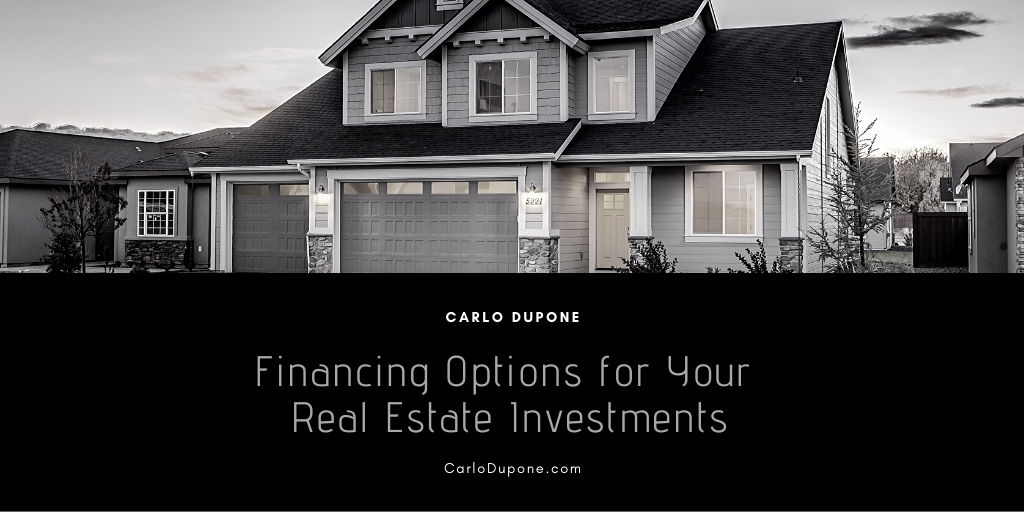The biggest challenge for beginners investing in real estate is usually financing, especially if entering the field with a relatively low income, a low cash reserve, or poor credit. But it is possible to do it if you know where to look for financing. How you obtain the funding can also depend on how you plan to generate income off your investment. For example, do you plan to flip an old home and sell it, or are you going to have an investment property? You also need to know your local zoning laws.
Should You Use A Second Mortgage Or Home Equity Loan?
If you’re already a homeowner and you have substantial equity in your home, you may be able to fund a real estate investment with a home equity loan or cash-out refinance. Since these loans can have some flexible long-term repayment options, using one to purchase an investment property may make sense if your income from that property can repay the loan and add profits to your portfolio. But it’s much tougher to get this type of loan if you don’t have a lot of equity already in your home, or if your credit is bad.
Should You Use A Hard Money Loan?
If you’re a little short on other options such as traditional mortgage eligibility, or you can’t seem to find the right loan at your bank, you may be able to get a hard money loan. These loans aren’t loans that you hear about much in everyday life, and that may be because individual investors usually offer them with a high amount of capital to invest or privately owned alternative financing companies. There’s a few pros and cons to know about hard money loans before you get one:
Advantages of Hard Money Loans:
-
-
- A hard money lender tends to care more about the value of the property that the borrower will be acquiring or developing instead of the borrower’s personal credit.
- Even if they do have a credit check on the borrower, a hard money lender may look at an alternative credit check that looks outside the credit bureaus.
- A hard money lender will usually fund the loan much quicker than a bank loan.
-
Cons of Hard Money Loans
-
-
- The interest rates on a hard money loan are usually much higher than a mortgage.
- The borrower can make interest-only payments on a hard money loan for several months, but usually, both interest and principal have to be paid off in a year or less.
- A hard money lender may be picky about who they lend to, and usually, they’ll want to see a very well designed plan on how the property is going to be developed to repay the loan.
-
Should You Crowdfund Your Real Estate Investments?
Crowdfunding is emerging as a new way for entrepreneurs and real estate investors to obtain funding without having to go through the usual financial institutions and their red tape. Instead, funding is obtained from hundreds if not thousands of investors and can save you the trouble of having to come up with hundreds of thousands of dollars in a loan. Remember, if you deal with multiple investors, your percentage of the income generated by your investment properties will be a little lower for those investors to also get returns.
